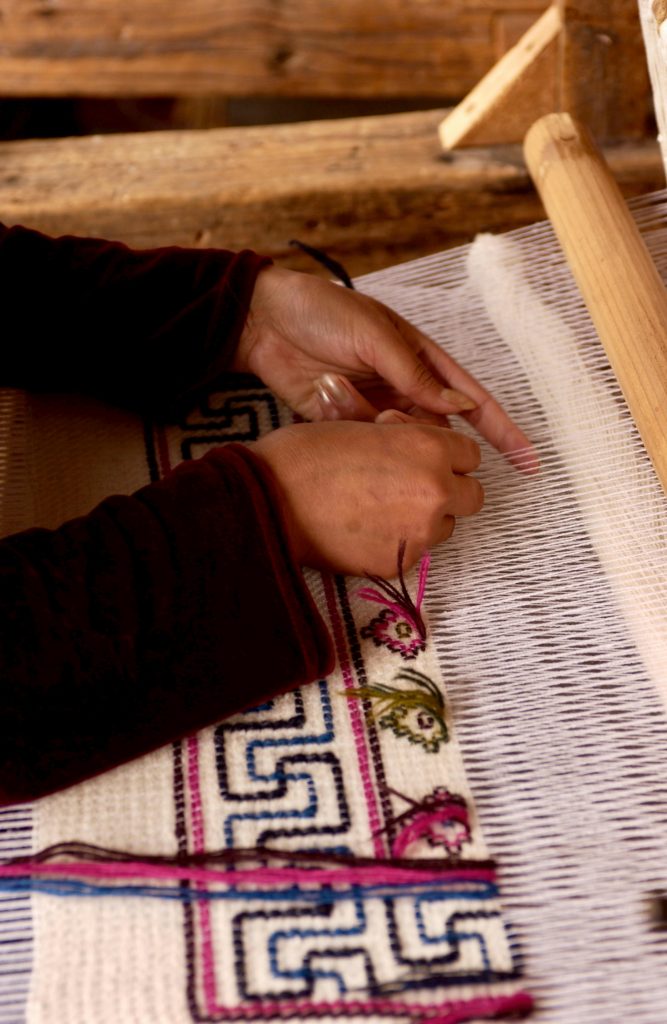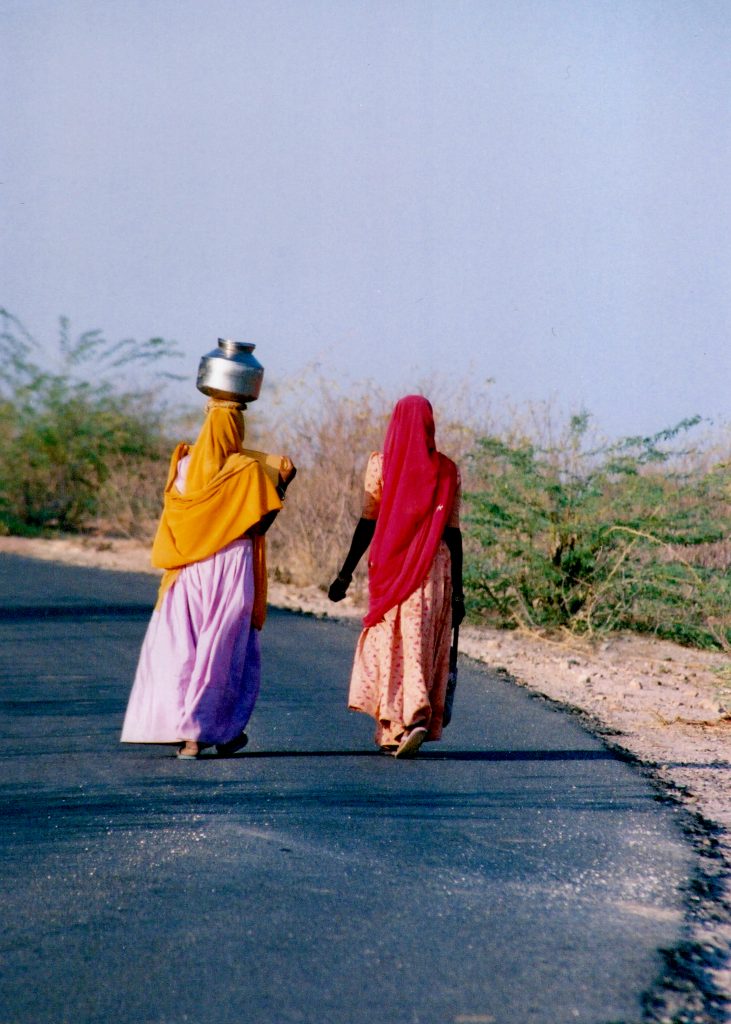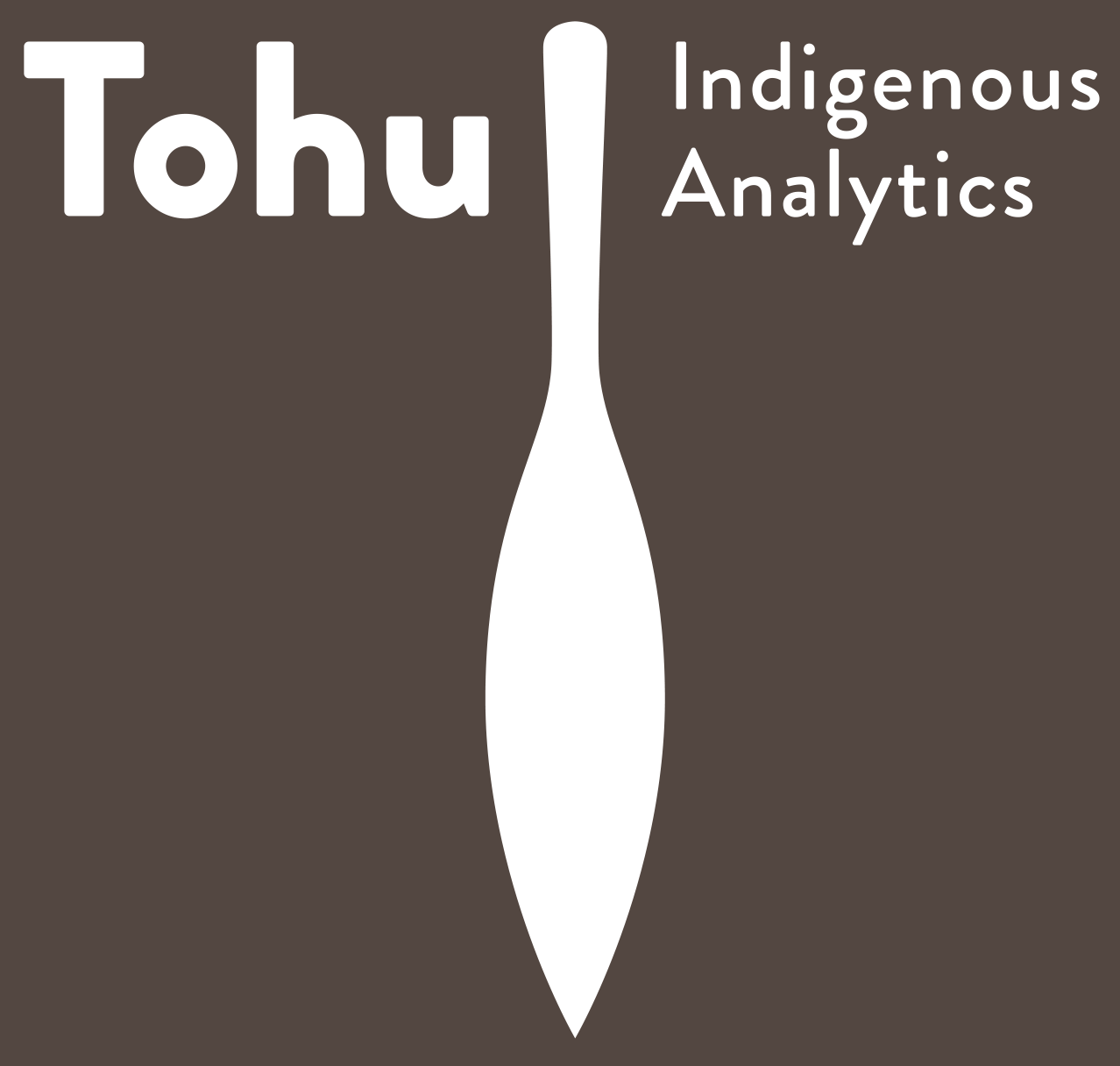our theory of change
Shifting institutional systems from maintaining life to participating in it.
We want to tia (to steer) from concepts such as sustainability, regeneration, and resilience, as we believe these were once the polite incantations.
They meant well, but they often stopped at maintenance: sustaining what was already dying, regenerating what was still owned, being resilient within systems that required constant harm.


This framework describes how Tohu moves institutional practice beyond maintenance logics—sustainability, regeneration, resilience—toward relational symbiosis: an operating system grounded in reciprocity among human and more-than-human partners.
It provides a shared pathway for universities, NGOs, governments, and communities to integrate ethical, ecological, and epistemic transformation into their core missions.
We want to tohu (guide) and enact a few changes:
From Sustainability to Sympoiesis - “making-with”
To move from sustaining the world as resource to co-creating worlds with it. Donna Haraway’s spores once whispered this term. It reminds us that nothing makes itself alone.

From Resilience to Porosity - The Art of Letting Systems Breathe
To engage in acts of Adaptive Capacity. Allowing porosity and permeability to increase resilience and soften hierarchies.

From Regeneration to Remembering - Stitching What Was Severed
To regenerate is to rebuild; to remember is to stitch back what was severed. Land, body, kin. Remembering invites relational repair beyond productivity. We aim to transform ‘impact assessment’ into ‘remembering assessment’ so the metrics become not growth, but depth of reconnection. Begin measuring what cannot yet be optimized: trust, equity, reciprocity and transparency.

Temporal Resilience – Moving from One Speed of Progress
To propose flexible time architectures that mirror ecological regeneration rhythms. We commit to practice temporal equity to value those who move slower (elders, ecosystems) as much as those who move fast.

From KPIs to Responsibility and Reciprocal Thriving
To create ecologies of accountability, not linear reports. Map the invisible ancestors of your work: indigenous teachers, extinct species, unpaid interns, mined cobalt, forgotten mothers.




